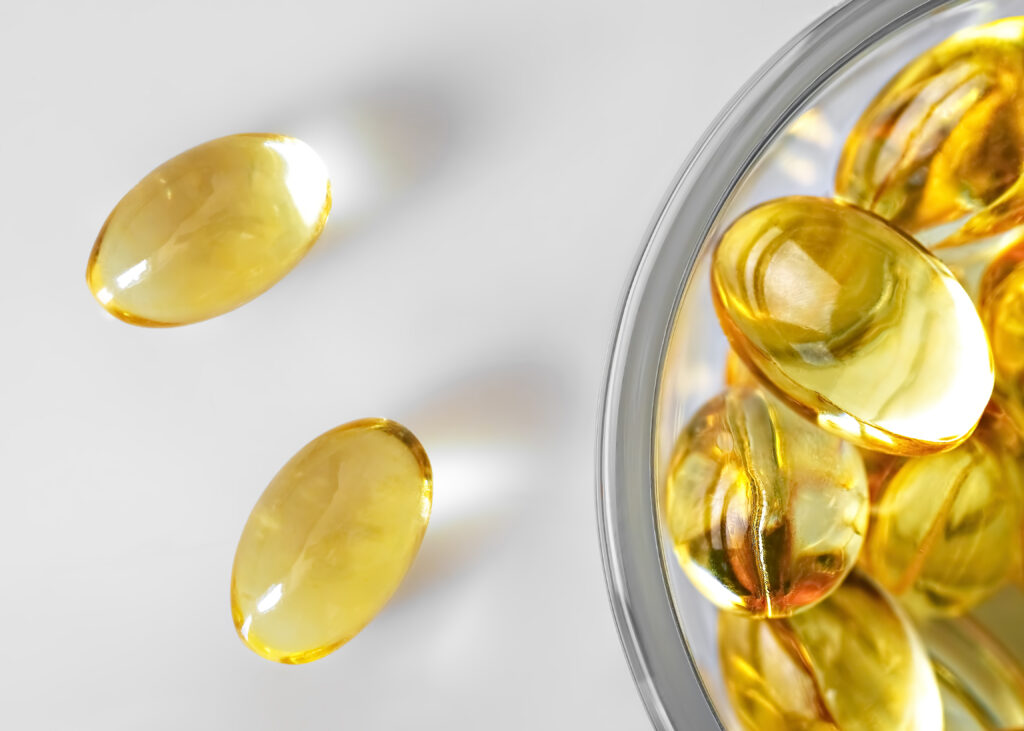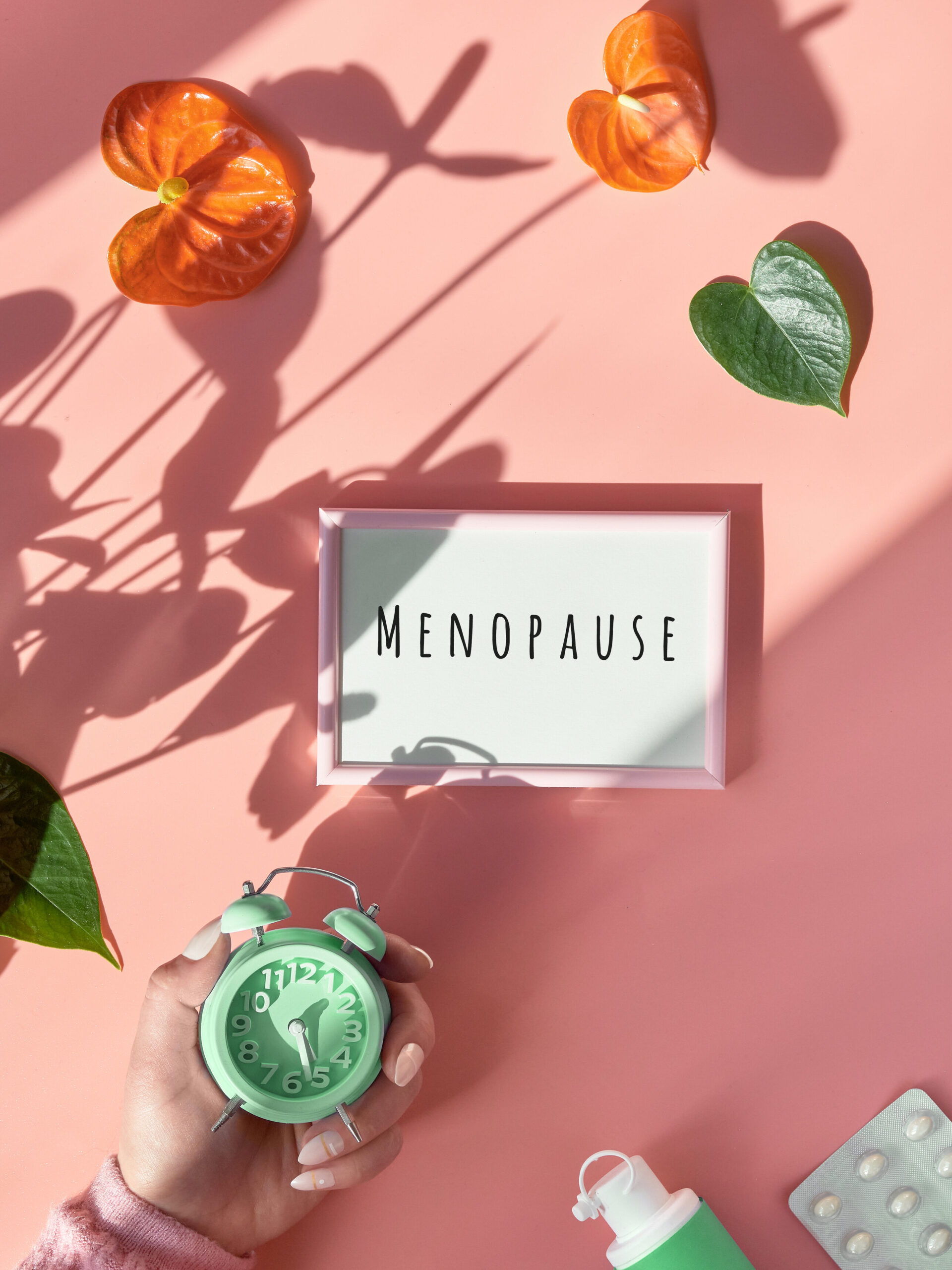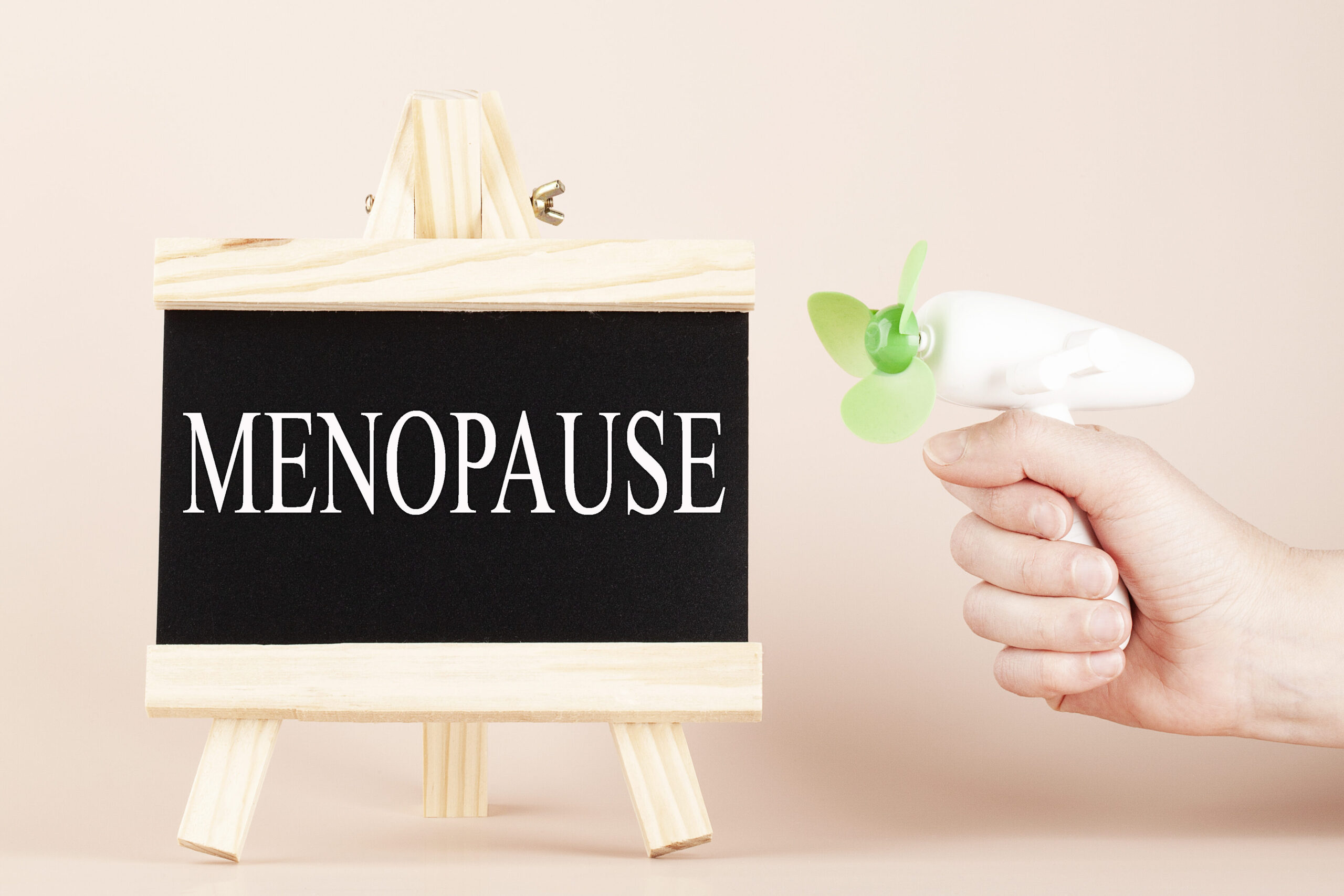
A recent report, as carried in the British Medical Journal (click here to read) has suggested that taking Omega 3 supplements can increase your chance of Atrial Fibrillation. However, it is the ratio of EPA to DHA in the fish oils that is the cause of concern. With too much DHA and not enough EPA triggering Atrial Fibrillation.
The NHP Omega 3 has been formulated with the correct ratio of EPA to DHA and does not have a dominance of DHA.
Dr Marilyn Glenville PhD, the UK’s leading nutritionist specialising in natural health, advises the ideal daily intake ratio of Omega 3s is 770mg of EPA and 510mg of DHA from wild fish only caught in deep seas.
There are many benefits to taking the right ratio of EPA and DHA as they have been linked to a reduction in the risk of heart disease. It’s thought that they could do this in several ways, by reducing a type of fat in your blood called triglycerides, high levels of which are linked to a greater risk of heart attack and stroke. Improve circulation and maintaining a healthy heart rhythm.
The report also stated that over-the-counter fish oil suffers from a lack of purity and consistency, as well as the potential contaminants and heavy metals such as mercury that come with fish.
The fish in NHP’s Omega 3 Support is from the body of the fish rather than the liver as in cod liver capsules. Fish absorbs toxins, and heavy metals and oil taken from the liver – the organ of detoxification – is likely to have higher quantities of these.
NHP’s Omega 3 Support is certified Kosher and Halal approved, this product also carries the Friends Of The Sea Logo. Friends Of The Sea is a project of the World Sustainability Organisation for the certification and promotion of seafood from sustainable fisheries and sustainable aquaculture. It is the only certification scheme which certifies wild and seafood.




